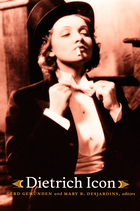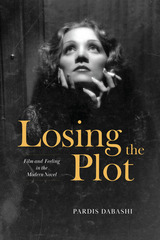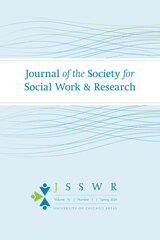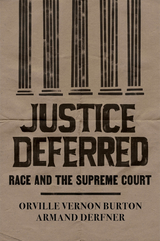
Some of the essays in this collection revisit such familiar topics as Germany’s complex relationship with Dietrich, her ambiguous sexuality, her place in the lesbian archive, her star status, and her legendary legs, but with fresh critical perspective and an emphasis on historical background. Other essays establish new avenues for understanding Dietrich’s persona. Among these are a reading of Marlene Dietrich’s ABC—an eclectic autobiographical compendium containing Dietrich’s thoughts on such diverse subjects as “steak,” “Sternberg (Joseph von),” “Stravinsky,” and “stupidity”—and an argument that Dietrich manipulated her voice—through her accent, sexual innuendo, and singing—as much as her visual image in order to convey a cosmopolitan world-weariness. Still other essays consider the specter of aging that loomed over Dietrich’s career, as well as the many imitations of the Dietrich persona that have emerged since the star’s death in 1992.
Contributors. Nora M. Alter, Steven Bach, Elisabeth Bronfen, Erica Carter, Mary R. Desjardins, Joseph Garncarz, Gerd Gemünden, Mary Beth Haralovich, Amelie Hastie, Lutz Koepnick, Alice A. Kuzniar, Amy Lawrence, Judith Mayne, Patrice Petro, Eric Rentschler, Gaylyn Studlar, Werner Sudendorf, Mark Williams

The modernist novel sought to escape what Virginia Woolf called the “tyranny” of plot. Yet even as twentieth-century writers pushed against the constraints of plot-driven Victorian novels, plot kept its hold on them through the influence of another medium: the cinema. Focusing on the novels of Nella Larsen, Djuna Barnes, and William Faulkner—writers known for their affinities and connections to classical Hollywood—Pardis Dabashi links the moviegoing practices of these writers to the tensions between the formal properties of their novels and the characters in them. Even when they did not feature outright happy endings, classical Hollywood films often provided satisfying formal resolutions and promoted normative social and political values. Watching these films, modernist authors were reminded of what they were leaving behind—both formally and in the name of aesthetic experimentalism—by losing the plot.
READERS
Browse our collection.
PUBLISHERS
See BiblioVault's publisher services.
STUDENT SERVICES
Files for college accessibility offices.
UChicago Accessibility Resources
home | accessibility | search | about | contact us
BiblioVault ® 2001 - 2024
The University of Chicago Press









